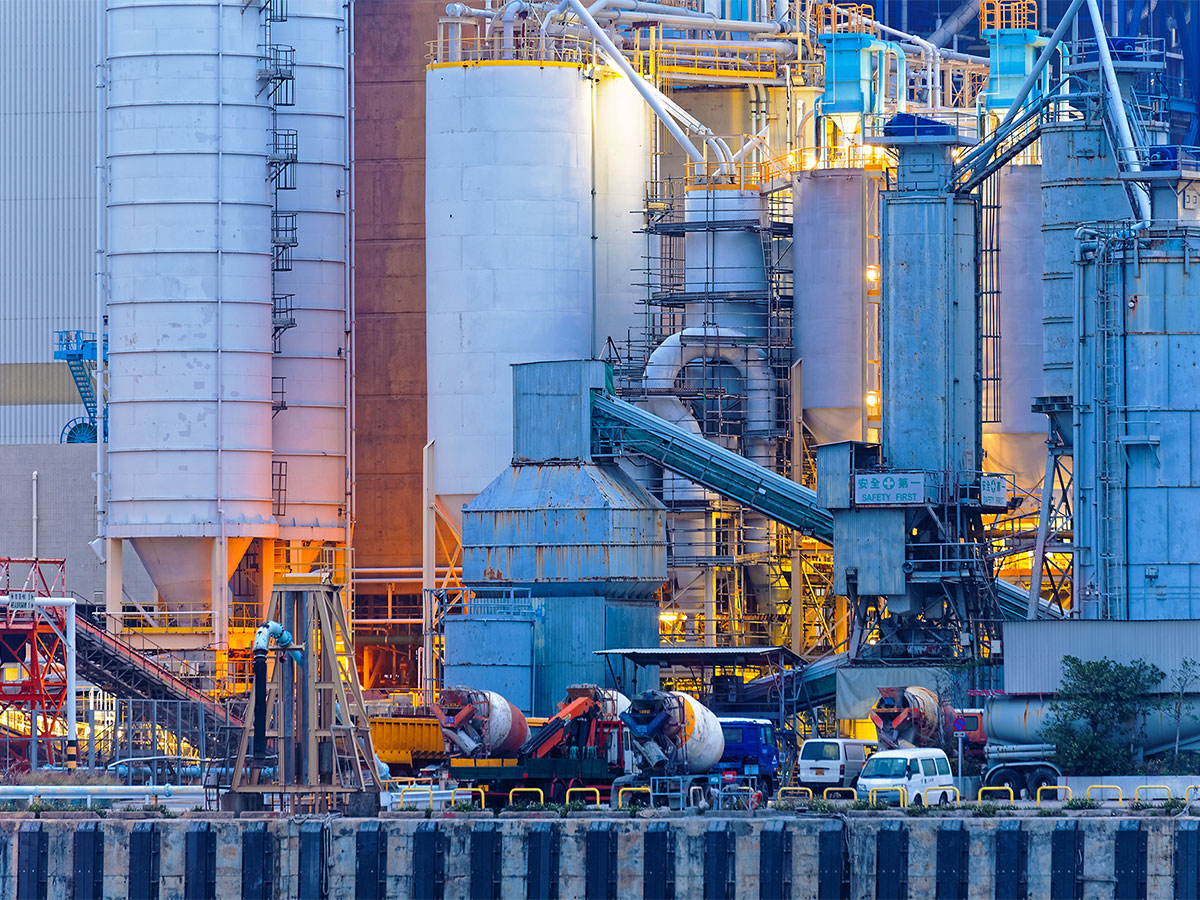Climate
Pathways toClimate Neutrality
The European Union aims to achieve climate neutrality by the middle of the century. Germany is striving to reach climate neutrality as early as 2045. To do so, greenhouse gas emissions will have to decrease much faster over the coming years. The Wuppertal Institute and partners showed how Germany could become climate-neutral by 2045 in a scenario study published in 2021.
The Wuppertal Institute also uses its long-standing expertise in performing meta-analyses of energy system scenarios in various projects. In one of these meta-analyses on behalf of Fridays for Future Germany, it investigated the accelerated changes that would be realised in the energy industry and in the buildings, industry and transport sectors to achieve a climate-neutral German energy system already by 2035. In a study on behalf of the nature conservation organisation NABU, the Wuppertal Institute used a scenario meta-analysis to derive various strategies for how the energy transition can be implemented in a way that minimises negative impacts on nature.

Three levels play a key role in the phase-out of a fossil energy system: Companies face the task of switching to climate-neutral production processes and developing new, climate-friendly business areas. The Wuppertal Institute shows how the industry can transform, what a sustainable power plant might look like, and how the energy-intensive basic materials sector can be transformed towards climate neutrality.
The climate protection policies of cities and municipalities should also be strategically oriented towards the long-term objective of a climate-neutral society. The Wuppertal Institute has shown what this might look like, for example, in the "Integrated Energy Framework Concept Mannheim – Pathways to Climate Neutrality" study commissioned by Mannheim's energy supply company MVV. The study suggests that the city of Mannheim can reduce its CO2 emissions by up to 99 per cent by the middle of the century. At the same time, the scientists explain that transforming a major city into a virtually climate-neutral urban environment will be a major challenge – one that can only be accomplished if all stakeholders pursue this goal as a high priority.
However, energy systems are also shaped at the national and international level. In this context, the Wuppertal Institute contributes to supporting the respective political discourses regarding the sustainable transformation of energy systems. It is developing climate protection scenarios for Germany with special regard to the heavily industrialised state of North Rhine-Westphalia, often involving stakeholders from industry and society in the scenario development process. The Wuppertal Institute also develops pathways towards a sustainable energy supply for other countries, such as the MENA SELECT project for Morocco, Jordan and Tunisia.
Publi-cations
Here you find publications on decarbonisation.
Related publications
Baseload Power Plants are Not Essential for Future Power Systems
Cost-effective solutions for a climate-neutral European power system: article published in Cell Reports Physical Science
Triple I: Drei Integrationsherausforderungen auf dem Weg zur klimaneutralen Stadt von morgen
Gedanken zu vertikaler, horizontaler und sektoraler Integration für nachhaltige Stadtentwicklung
The International Carbon Market is Shifting Gears
Carbon Mechanisms Review "Shifting Gears" published
Global Stocktake: How International Institutions can Foster Transitions
Paper published in "Environmental Innovation and Societal Transitions"
German Hydrogen Core Network: 90 per cent Reduction in Climate Impact Possible
Recent study: switch from natural gas to hydrogen significantly reduces operational emissions from German gas transmission network
Voraussetzungen für eine erfolgreiche Implementierung von CCU, CCS und CDR
Handlungsempfehlungen für die Carbon-Management-Strategie des Bundes
Fossil Free Energy for the European Transport Sector
Model-based analysis published: Potentials and risks of the MENA region for the production and export of synthetic fuels
New Finance Scheme for Greater Energy Efficiency in Privately Rented Dwellings
Article on reducing CO2 emissions in the residential sector published in "Energy Research & Social Science"
Evolution of Climate Change Mitigation Scenarios
New study in Nature Climate Change traces transformational change across the last decade of IPCC scenarios
Acceptance of Industrial Carbon Capture and Storage in Germany
Paper on public opinion about iCCs published in the journal "Energy Research & Social Science"
International Carbon Markets: Time to Decide!
Carbon Mechanisms Review published: Article 6 at COP29, carbon credits in court and emission mitigation beyond CO2
Trends in National Carbon Pricing Instruments and Carbon Crediting Mechanisms Worldwide
Innovate4Climate-Special: Carbon Mechanisms Review "Accelerating Action" published
Benefits, Challenges and Risks of the Voluntary Carbon Market
Policy Paper "VCM Host Country Perspective" published
Wie beeinflussen Protestbewegungen die öffentliche Akzeptanz von Technologien für die Industrietransformation in NRW?
Ein exploratives Protest-Akzeptanz-Modell
Wie bleiben gemeinschaftliche Wohnprojekte beständig?
Eine qualitative Analyse der Beständigkeit von gemeinschaftlichen Wohnprojekten in Hinblick auf die nachhaltige Stadtentwicklung
Case Study on the German Discourse of Industry Decarbonisation
A Discourse Network Analysis
Akzeptanz von industriellem CCS in Nordrhein-Westfalen
Empfehlungen für Politik und Industrie
Reports and Analyses Ahead of COP28
Carbon Mechanisms Review "Will Dubai Deliver?" published
The Combination of Public and Private Climate Finance
Carbon Mechanisms Review "Scaling Climate Action" published
Climate Protection Potential in Land Use, Buildings, Industry, Land Transport
Four policy briefs from "NDC ASPECTS" project highlight the relevance of global governance for decarbonising sectoral systems
Projects
Here you find research activities in the field of decarbonisation.
